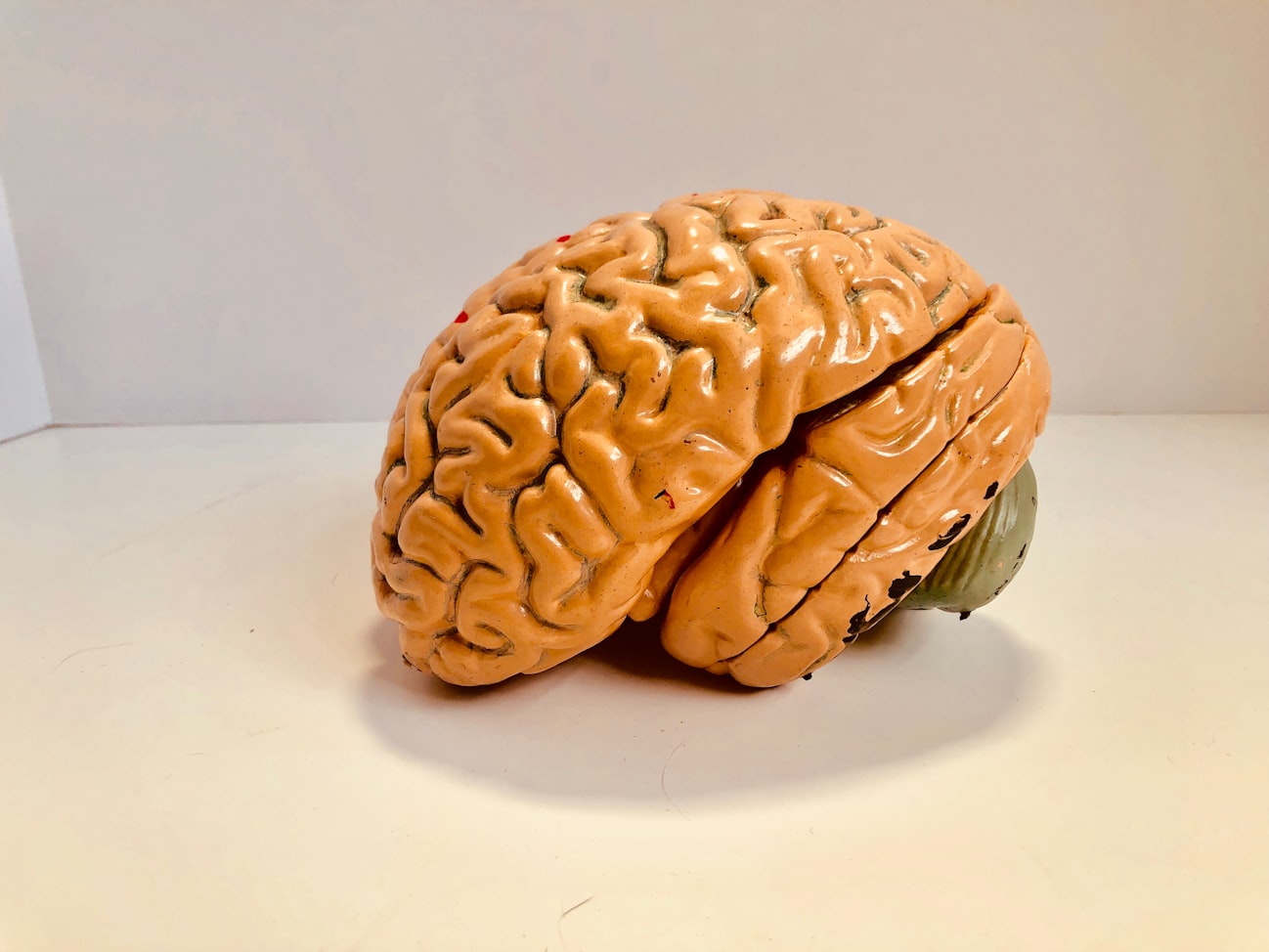Our body goes through various sign and symptoms such as panic attacks, anxiety, depression, dizziness. These are a sign of imbalance within the nervous system called the Autonomic Nervous system. This system controls your every day body functions. The well known sympathetic nervous system regulates the fight or flight. The opposite parasympathetic nervous system regulates rest and digest. Each of these systems constantly regulating each other to keep the balance. If one system gets predominant, then you start experiencing different signs and symptoms. I have a common list of situations causing symptoms, an illness that will experience. Most people have multiple combinations of health conditions that are going on, so it will not always be clear as black and white. This list shall give you an example and if you have any of the following lists and have questions about them, please contact our office at info@zenchiropracticinc.com for more information.
People who have imbalances in these systems may have a clinic situation that may be helped with Chiropractic. In our office, we monitor these autonomic nervous systems and find a solution to create a balance between to the two systems.
Under Normal Circumstances, the Sympathetic Nervous System promotes the ability to be active and the defense mechanism of fight or flight.
Sympathetic Nervous System increases vigilance and arousal to quickly notice and respond to danger.
Symptoms: Hyper-vigilance; startling easily; nervousness; anxiety; fear
Illness: Chronic or severe anxiety; panic attacks
Sympathetic Nervous System increases blood pressure to get blood to the brain and vital organs
Symptoms: White coat high blood pressure
Illness: Hypertension, strokes from prolonged high blood pressure, heart disease; heart attacks
Sympathetic Nervous System increases heart rate to circulate fuel and oxygen to vital organs for activity and defense
Symptoms: Fast heart rate
Illness: Fast arrhythmia
Sympathetic Nervous System increases fuel availability (sugar, fats…) to the brain, muscles and other organs you need it during exercise and defense. Because insulin promotes food storage
Symptoms: High blood sugar; high cholesterol; low insulin
Illness: Type 1 diabetes, with increased risk for high blood pressure, high cholesterol, heart disease,…; hypercholesterolemia
Sympathetic Nervous System increases adrenaline to facilitate changes in blood pressure, heart rate etc
Symptoms: shakiness; palpitations; butterflies in the stomach; difficulty concentrating
Illness: chronic anxiety, panic, hypertension, and others listed here
Sympathetic Nervous System increases oxygen circulation to vital organs to provide fuel for activity and defense while decreasing circulation to non-vital organs such as skin, the extremities
Symptoms: Cold hands and feet; headaches
Illness: Peripheral neuropathy
Sympathetic Nervous System increases blood clotting, which minimizes blood loss if wounded during defense such as fight/flight
Symptoms: Strokes; clotting disorders
Illness: Strokes
Sympathetic Nervous System increases pupil size and peripheral vision to maximize awareness of sources of potential danger
Symptoms: Blurry vision when trying to focus on narrow vision
Illness: Prolonged visual changes
Under Normal Circumstances, the Parasympathetic Nervous System promotes the ability for rest and digest. Such as recover, digest, play, and create. The symptoms and illnesses include depression, weight gain, dizziness and lightheadedness, low blood pressure, low heart rate, fatigue, diarrhea.
Parasympathetic Nervous System decreases the clarity of thought as a part of a numbing process to avoid pain and overwhelming emotions.
Symptoms: foggy thinking, confusion, slowed thinking, difficulty organizing thoughts
Illness: depression, numbness
Parasympathetic Nervous System decreases blood pressure in times of safety, and decreases
it even further to save energy when survival is at stake.
Symptoms: low blood pressure; dizziness – light headedness
Parasympathetic Nervous System decreases heart rate, which is associated with the ability to feel calm, to bond, and to be in a relationship. In times of grave threat, heart rate is decreased further to save energy through a state of immobility.
Symptoms: slow heart rate
Illness: slow arrhythmia; sudden death; ventricular fibrillation
Parasympathetic Nervous System increases fuel storage (sugar, fats…) in the body,
which serves as a reserve for times of scarcity. The Parasympathetic Nervous system promotes the secretion of insulin and makes tissues sensitive to insulin to promote the storage of glucose in particular.
Symptoms: low blood sugar; low cholesterol; high insulin; weight gain
Illness: obesity; hypoglycemia
Parasympathetic Nervous System increases oxygen circulation to non-vital organs in times of safety. Provides fuel and removes wastes from the skin, the extremities, the digestive tract, reproductive organs….; In times of grave threat, shuts down metabolism to save energy until the threat is gone. Some of these activities are similar to Sympathetic nervous system processes and may be difficult to differentiate.
Symptoms: difficulty thinking; increased or decreased intestinal activity (diarrhea; slowed gastric emptying)
Illness: peripheral neuropathy

